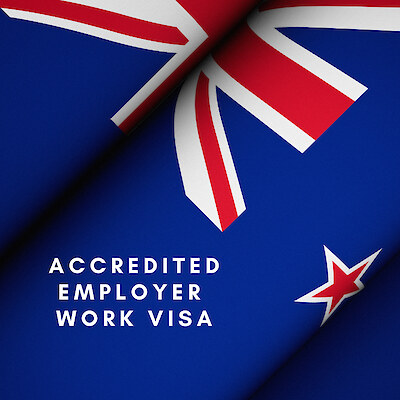Ending Tenancies at Short Notice for Family Violence

Last year, provisions were added to the Residential Tenancies Act 1986 which allowed victims of family violence to leave a tenancy at short notice. Tenancy Services has now published guidance around these provisions to provide more clarity.
Need cost effective debt collection? We can help!

If you are a business and are owed, say, $1,500 have you ever thought to yourself - it’s not worth trying to get it back, it will cost me more in lawyer’s fees or the fees of a national debt recovery company? Luckily, at PRLaw we have a pragmatic and cost effective approach to debt recovery, so the money you’re owed goes back into your pocket.
The Family Court Process

For many parents, the Family Court is a terrifying prospect particularly when it involves having your life and your child’s laid out in court documents. The Family Court does however, have an important role in resolving disputes between parents and guardians.
What are the duties of a Company Director?

The Companies Act 1993 is New Zealand’s core piece of corporate legislation. The Act recognises that the taking of business risks is legitimate and that, in matters of business judgement, directors are permitted a wide discretion. However, in order to provide protection for shareholders and creditors against the abuse of management power, directors are also subject to a number of duties. If a director is found to have breached any of these duties they may be personally liable for any loss they caused.
The Accredited Employer Work Visa (AEWV)

On 4 July 2022, Immigration New Zealand introduced the new Accredited Employer Work Visa. In short, where genuine skill or labour shortages exist, accredited employers can hire skilled migrant workers using the AEWV.
This Visa requires employers who are wanting to employ migrants to become accredited. Once accredited, the employer can invite migrants to apply for the job which will allow the migrant to apply for a visa within NZ, including through the new Accredited Employer Work Visa.
